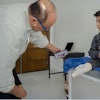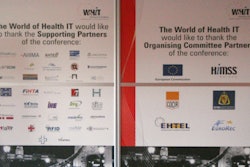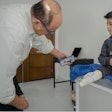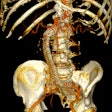Healthcare information technology adoption in Europe needs to accelerate, but e-health initiatives must be patient-centered, according to many participants of the European Health Forum Gastein, which was held last week in Bad Hofgastein, Austria.
Involvement early on in the design and implementation of information and communications technology systems were identified as prerequisites to more rapid adoption of e-health utilization across Europe.
Robert Madelin, director general of the European Commission's Directorate General on Information Society and Media, stated that while organizational changes are needed to make e-health a reality, a major obstacle such change is a guild mentality, fear of adoption, and potential security violations. He acknowledged concern about sophisticated computer hackers, but noted that file cabinets containing confidential patient records go unlocked without major repercussions. Madelin and other experts at the conference emphasized that lost opportunities from not making data speedily available to patients and doctors, both at home and across borders, was of greater concern.
Elena Bonfiglioli, Microsoft's senior director for public sector health in Europe, the Middle East, and Africa, focused on the opportunity costs that governments might face if they do not take advantage of e-health technology with respect to managing the health of children. She noted as one example that childhood diabetes could be better managed, both by communicating through text messaging to both the pediatric patient and healthcare practitioners and teachers in schools.



















